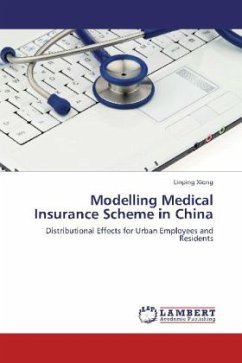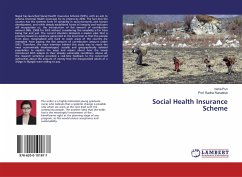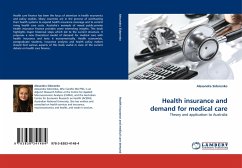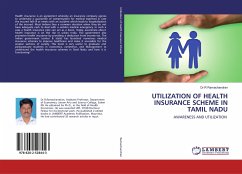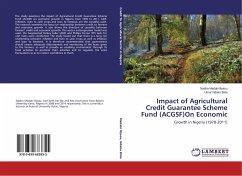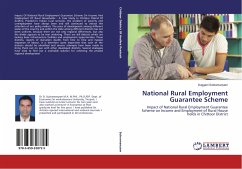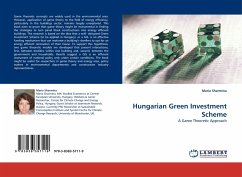In the last decade or so, China has begun to reform its health care system nationwide, due to pressures like an ageing population and increasing demand on health services. This research investigates the sustainability of the urban medical insurance system, involving both urban employed individuals and non-working residents. The key aims focus on three aspects. First, it assesses the distributional impacts of medical insurance policies and predicts medical expenses for employees and retirees. Second, it estimates the potential urban resident population entering the medical insurance scheme and predicts the medical costs. Third, it estimates and evaluates the contribution of the differing levels of Chinese government to the medical insurance scheme. Two static microsimulation models were created for predicting and evaluating the medical insurance policies. The model for employed investigates the balances of social pool fund and personal savings accounts, and medical expenses sharedby different kinds of payment modes. The model for non-working residents predicts distributional impacts on families, estimates medical expenses and evaluates insurance capacity of the social pool fund.
Bitte wählen Sie Ihr Anliegen aus.
Rechnungen
Retourenschein anfordern
Bestellstatus
Storno

